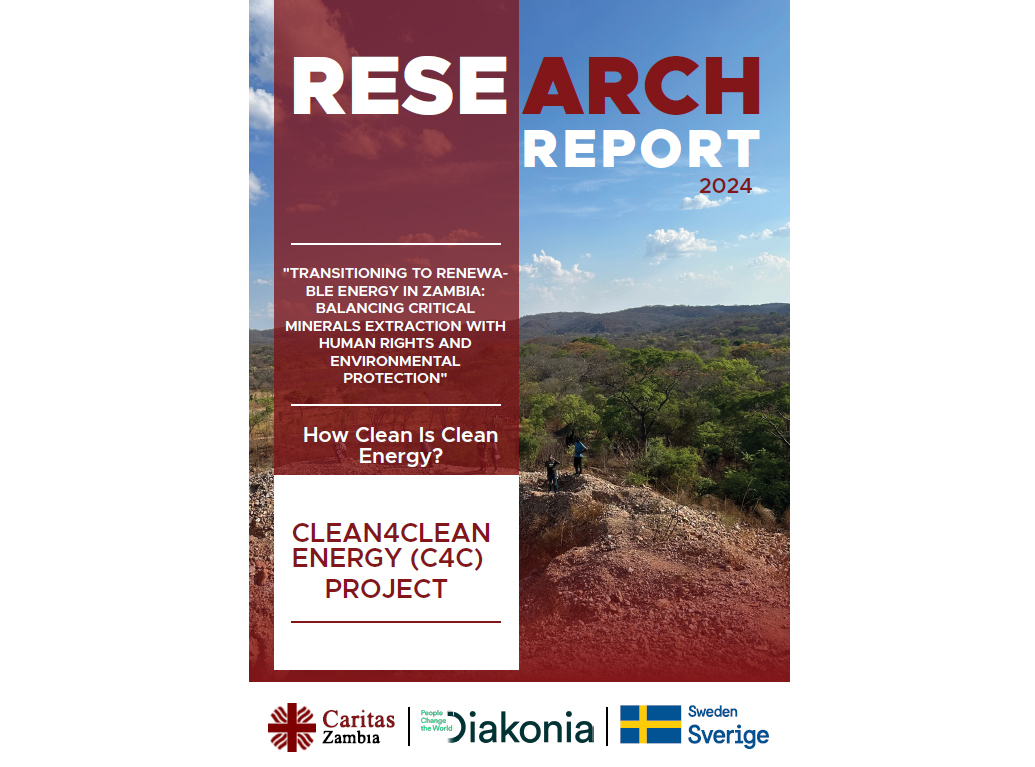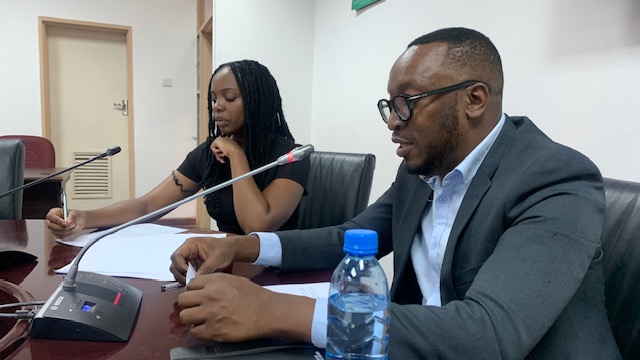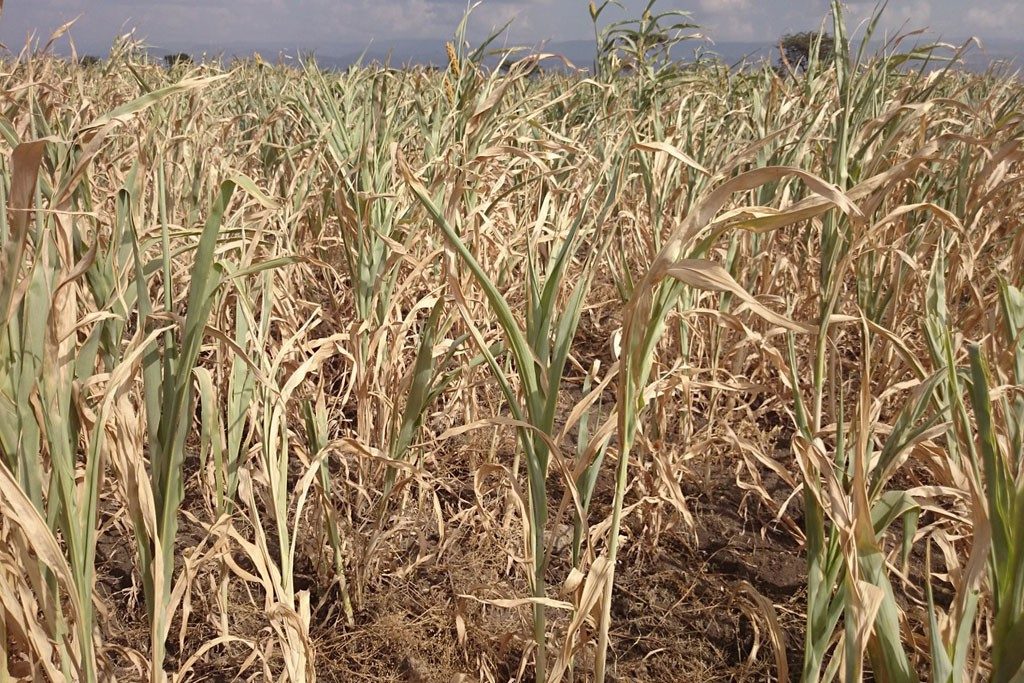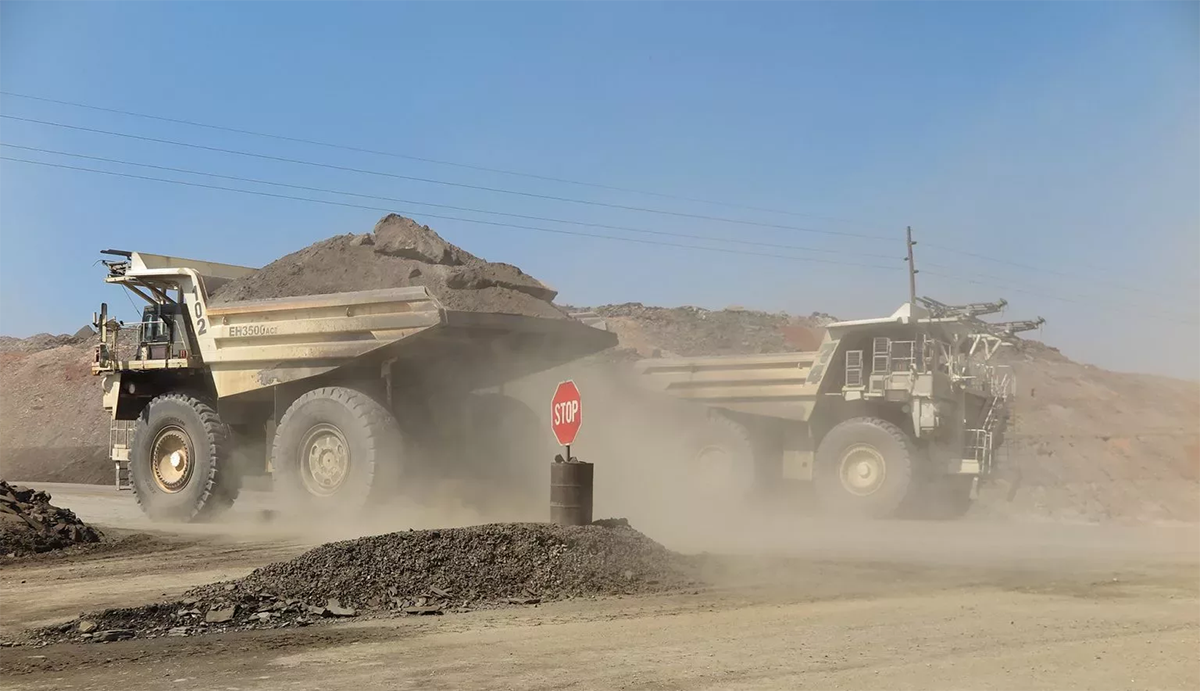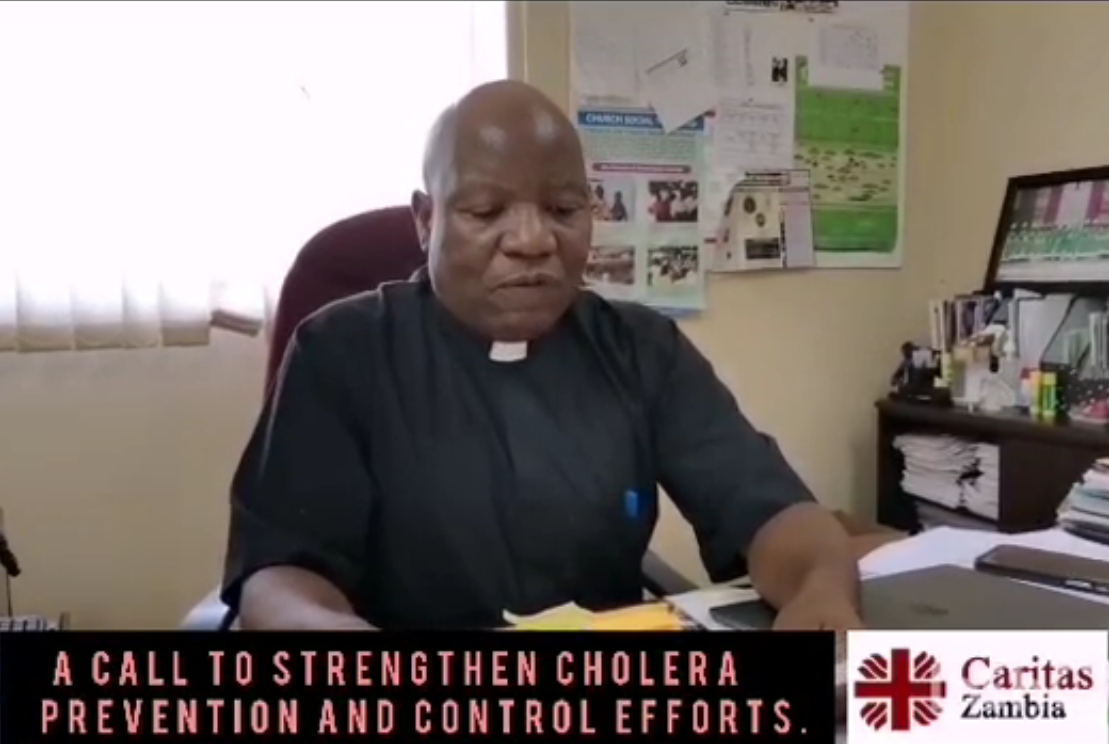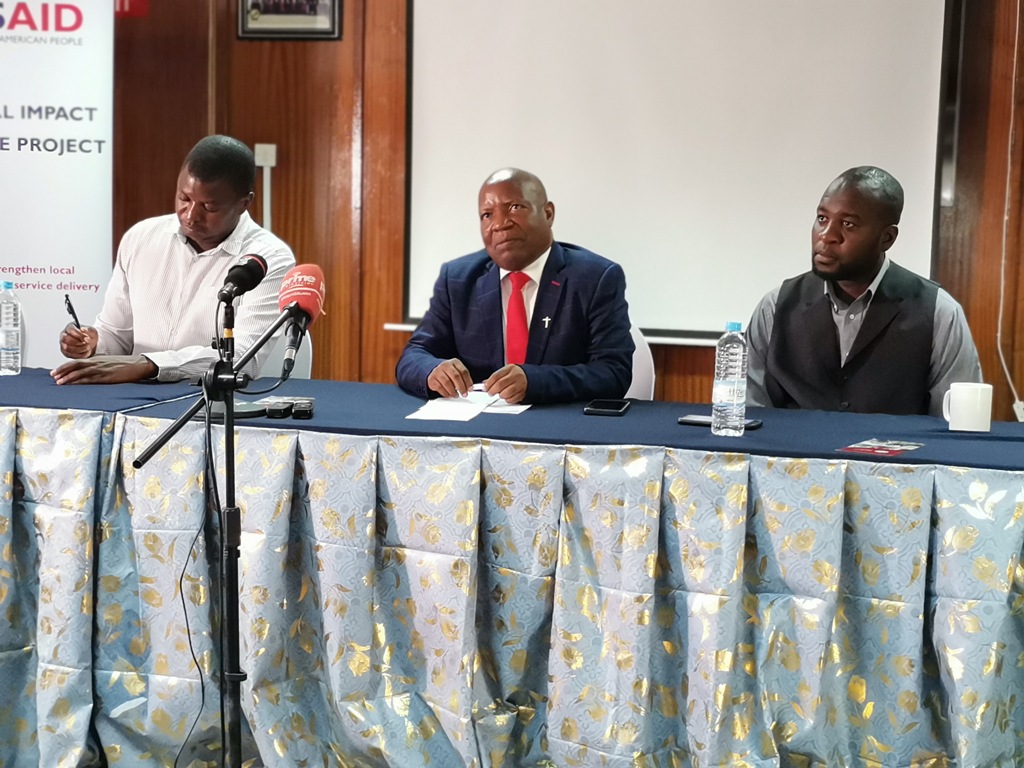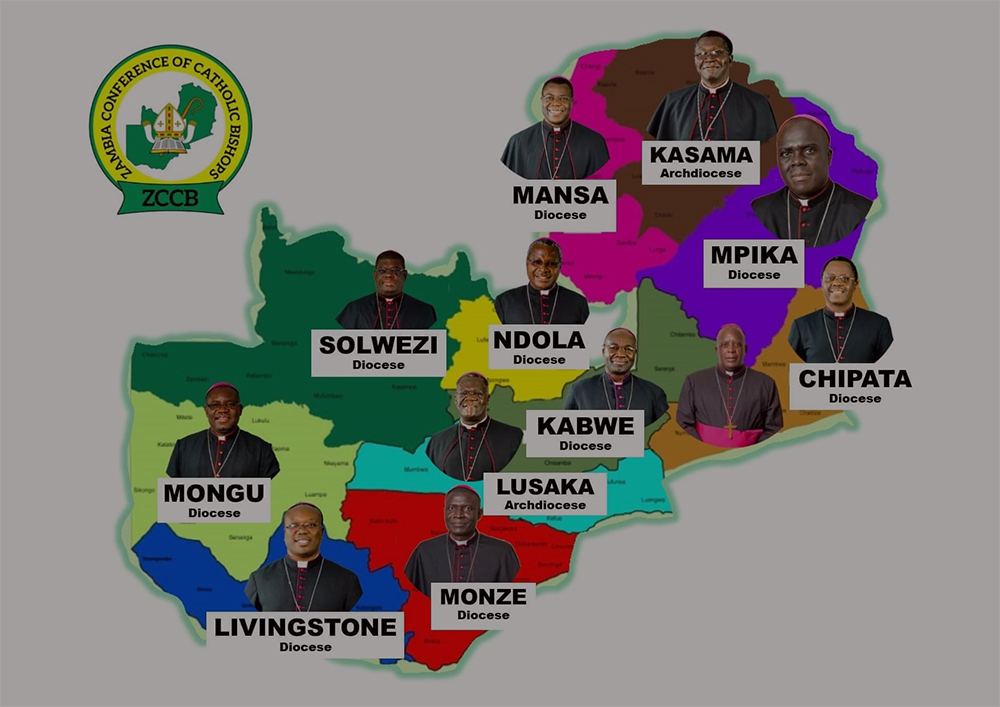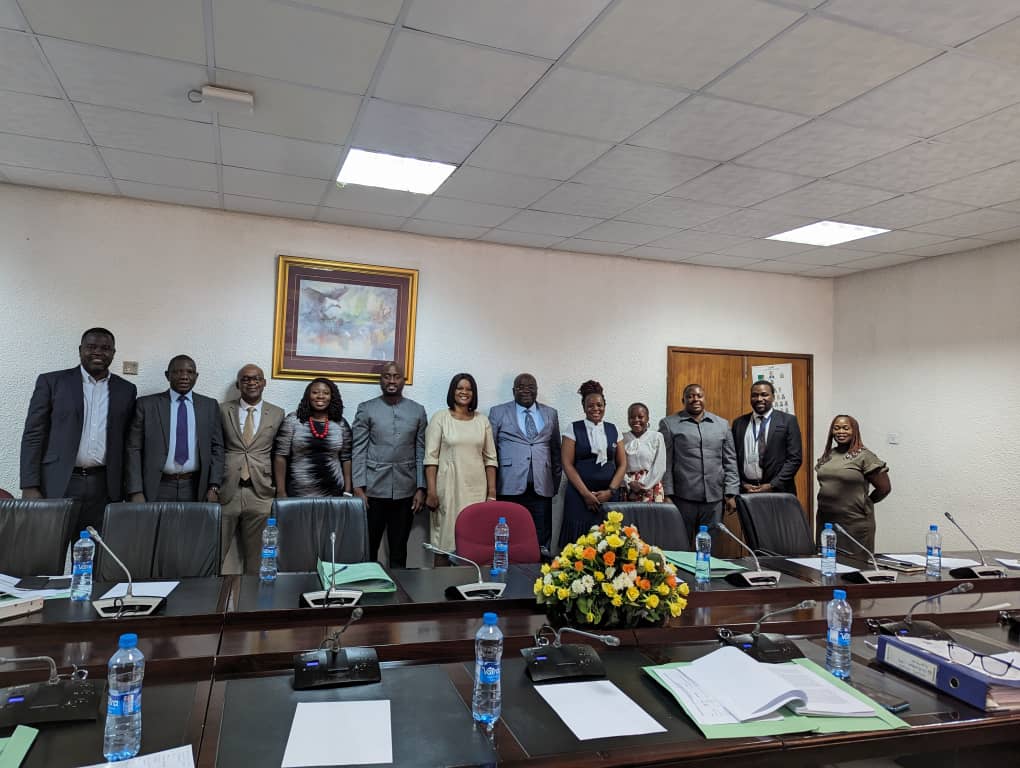Download the entire Caritas Zambia Research Report 2024 by clicking the image below.
Download the entire Caritas Zambia Bulletin 2024 - 1st Edition by clicking the image below.
Honorable Members of Parliament, the chair
We stand before you today to make submission on the matter of critical national importance—a matter that holds the potential to shape the economic future of our beloved country, Zambia. Our nation is endowed with a wealth of mineral resources, resources that have the power to drive development, create jobs, and secure a prosperous future for all Zambians. The backbone of our economy, mining, is not merely an industry but the cornerstone of our national growth and progress. It is in this context that we want to make this submission on Minerals Regulation Commission (MRC) in Zambia.
Download the entire Caritas Zambia Submission On Mineral Commission 2024 To Parliament here: https://caritaszambia.org/phocadownload/policy_briefs/Caritas-Zambia-Submission-On-Mineral-Commission-2024-To-Parliament.pdf
PRESS STATEMENT: Lusaka, Thursday 29th February 2024
URGENT CALL FOR GOVERNMENT INTERVENTION IN THE FACE OF DROUGHT
Caritas Zambia, a leading organization committed to social development and justice, expresses deep concern over the prevailing drought situation in the country, impacting agricultural communities and threatening food security. The 2022/2023 rainy season witnessed normal to above normal rainfall leading to widespread flooding and significant damage to essential infrastructure, including schools, clinics, and homes. The 2023/2024 rainy season, however, has presented a contradictory scenario.
Download the entire Caritas Zambia Press Statement on the Drought - 29th February, 2024 here: https://caritaszambia.org/phocadownload/general/Caritas-Zambia-Press-Statement-on-the-Drought-29th-February-2024.pdf
WEDNESDAY, 7TH FEBRUARY, 2024
Caritas Zambia observes with interest the recent cabinet decision to establish a Special Purpose Vehicle (SPV) for mineral resource investment and trading within the mining sector. This initiative holds the promise of enhancing national revenue, solidifying control and transparency in mining operations, and fostering local development, thereby potentially contributing to the economic stability and growth of the nation.
Download the entire CARITAS Zambia Statement On Zambia's New SPV For Mineral Investment And Trading here: https://caritaszambia.org/phocadownload/general/CARITAS-On-Zambia-New-SPV-For-Mineral-Investment-And-Trading.pdf
CRITICAL ALERT: As we stand on the brink of schools reopening on January 29, 2024, Caritas Zambia issues an immediate call to the Government through the Ministry of Education and Health to enact stringent and decisive measures to combat the dual threats of a devastating Cholera outbreak and the insidious resurgence of COVID-19 within our educational institutions.
Download the entire Caritas Zambia Statement On Cholera here: https://caritaszambia.org/phocadownload/general/Caritas-Zambia-Statement-On-Cholera.pdf
By: Prof. Lewis B. Chilufya, PhD, NOVEMBER, 2023
Download the entire POLICY BRIEF PAPER: The Resourcing Of Ward Development Committees (WDCS) And Its Impact On The Effectiveness In Executing Their Functions here: https://caritaszambia.org/phocadownload/policy_briefs/Policy-Brief-Paper-on-Resourcing-WDCs.pdf
“What would induce anyone, at this stage, to hold on to power, only to be remembered for their inability to take action when it was urgent and necessary to do so” Laudate Deum 60
Download the entire COP28 CARITAS Confederation Position here: https://caritaszambia.org/phocadownload/policy_briefs/COP28-CARITAS-Confederation-Position.pdf
"Hear O my people and I will admonish you..." Psalms 81:8
To our dear brothers and sisters in Christ and people of goodwill. Peace and love of our Lord Jesus Christ be with you all!
Preamble
We, the Zambia Conference of Catholic Bishops (ZCCB), having listened to the cries of our peoplefor guidance on political, economic, moral and social issues affecting the nation, do hereby share with you the following:
Download the entire The Pastoral Statement on the State of the Nation - November 2023 here: https://caritaszambia.org/phocadownload/state_of_the_nation/ZCCB-Statement-on-the-State-of-the-Nation-November-2023.pdf
SUBMISSION ON YOUTH, SPORT AND CHILD MATTERS:
Consideration of the Performance Audit Report on Government Measures to Reduce Incidences of Child Labour in Zambia 2018 to 2022
1.0. INTRODUCTION:
Download the entire Caritas Zambia Submission On Youth, Sport And Child Matters here: https://caritaszambia.org/phocadownload/general/caritas-zambia-submission-on-youth-sport-and-child-matters.pdf
- Caritas Zambia Submission to the 2024 National Budget
- VIDEO PROMO & BROCHURE for the 6th Zambia Traditional Seed & Food Festival, 2023
- Faith Leaders Unite to Support an Inclusive Loss and Damage Fund Ahead of COP 28 Championing the Cause of the Poor
- 6th Zambia Traditional Seed & Food Festival, 2023 at Mundawanga Botanical Gardens, 13th & 14th October, 2023!
- Zambia National Food Systems Insaka - Speech Delivered by Fr. Dr Gabriel Mapulanga, ZAAB Chair
- Caritas Zambia Statement on Detention of 8-year old Lusaka Boy
- SPEAKERS for the First Regional Conference on Knowledge Management for Change (KM4Change)
- Caritas Internationalis - Children and Vulnerable Adults Safeguarding Policy
- First Regional Conference on Knowledge Management for Change (KM4Change) - Programme
- Repositioning Zambia’s Mining Tax Regime for the Energy Transition - Policy Brief, March 2023
About Caritas Zambia
Caritas Zambia is a Catholic Organisation that is an integral structure of the Zambia Conference of Catholic Bishops (ZCCB). The Conference of Bishops is a permanent grouping of Bishops of a given nation or territory that jointly exercises certain pastoral functions on behalf of the Christian faithful of their territory. This is done for the sake of effective evangelisation. To promote the principle of the common good which the Church offers humankind, especially through forms and programmes of the apostolate which are fittingly adapted to the circumstances of the time and place, is the role of Bishops.
Kapingila Hse, Kabulonga Rd, Plot BRT6, P.O.Box 31965, Lusaka 10101, Zambia.
Tel: +260-211-260980 | +260-211-261789

